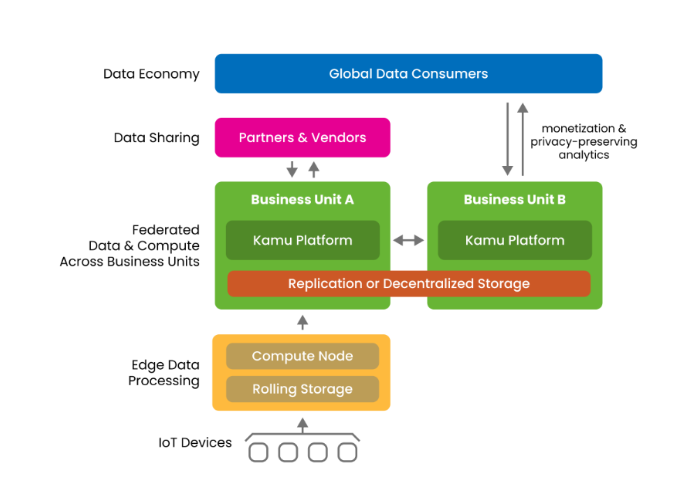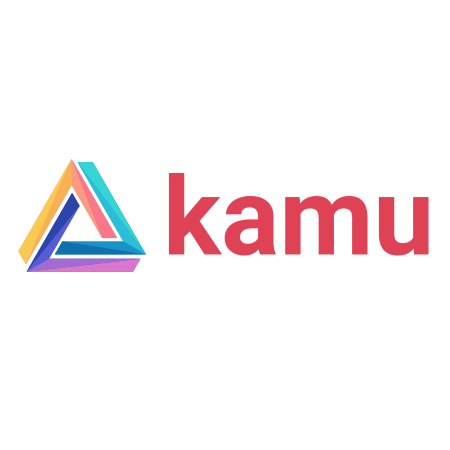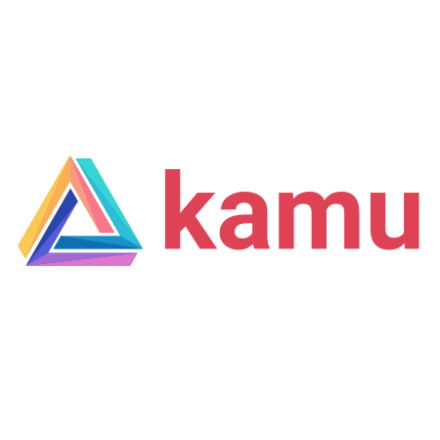Our Dell Technologies Kamu Data Fabric whitepaper explores Kamu Data Fabric – the first technology to bring Web3 properties of decentralization, verifiability, and accountability to enterprise data lakes, warehouses, and ETL pipelines.
Verifiability and Accountability in Web3
If you look past the “big casino” reputation that surrounds blockchains today, and into the broader area of Web3 infrastructure – you will find many highly innovative emerging technologies, such as IPFS (Interplanetary File System) – a decentralized storage solution that can store your data cross thousands of different computers in the world.
Such Web3 projects form entire ecosystems around them using open protocols and economic incentives to encourage good behavior. They also use very strict verifiability and accountability mechanisms to identify and penalize malicious actors. For example, Filecoin (built on top of IPFS) is a global auction that offers cheap storage deals from thousands of vendors. Its smart storage contracts continuously send cryptographic challenges to vendors to verify that they reliably store your data – if the vendor fails to respond (have lost your data or was cheating) they get penalized, and a new vendor can automatically take over the contract.
Data is Inherently Decentralized
In sectors like energy, agriculture, insurance, and healthcare, where the need for cross-organizational data exchange is becoming essential – what used to be enterprise data problems now turn into decentralized data problems.
Small ecosystems of data supply chains form around valuable data providers, but they function extremely inefficiently because none of the existing enterprise data solutions were built with this in mind. Proprietary black-box technologies with thin layers of centrally-enforced permissions is a model that simply does not function in a multi-party environment.
Bringing Web3 Properties to Data Management
Kamu Data Fabric is a new take on data lake and data fabric architectures. It embraces the challenges of decentralization and is built for protecting data ownership, while enabling efficient and privacy-preserving data exchange within and across organizations.

With verifiability and provenance at its core, Kamu allows you to tell where every single piece of data in your organization came from, who modified it and how. Through cryptographically-secure metadata, it can link every analysis, report, or ML model in your company to the exact data it was produced from, so that any doubts in data’s validity could be resolved in minutes, making audits a breeze.
Using the same open formats and protocols on a cross-organizational scale allows companies to securely exchange data with partners, vendors, and other parties. Data can be shared directly from their data lakes without entrusting it to intermediaries, while each party can still be held fully accountable for data they provided.
Please continue reading Dell Technologies Kamu Data Fabric whitepaper to learn more about how Kamu Data and Dell Technologies are partnering up to build the new foundation of the decentralized data economy!

